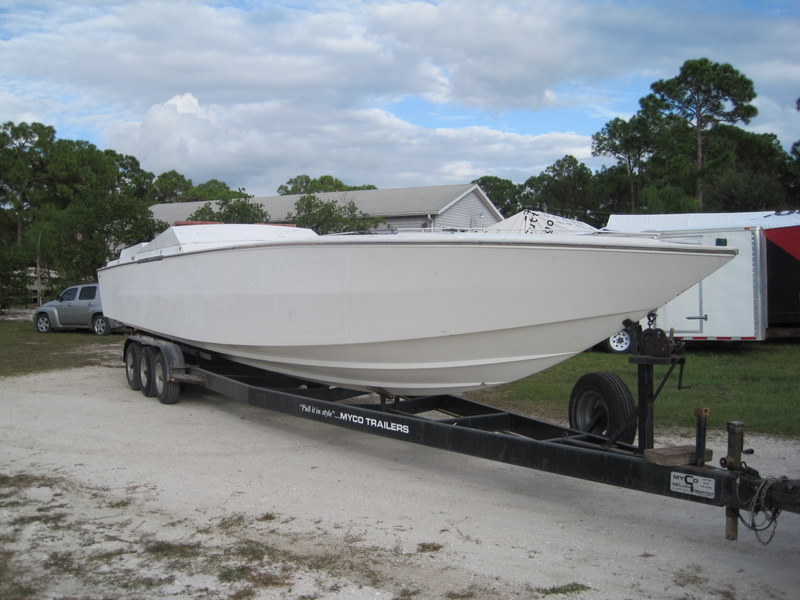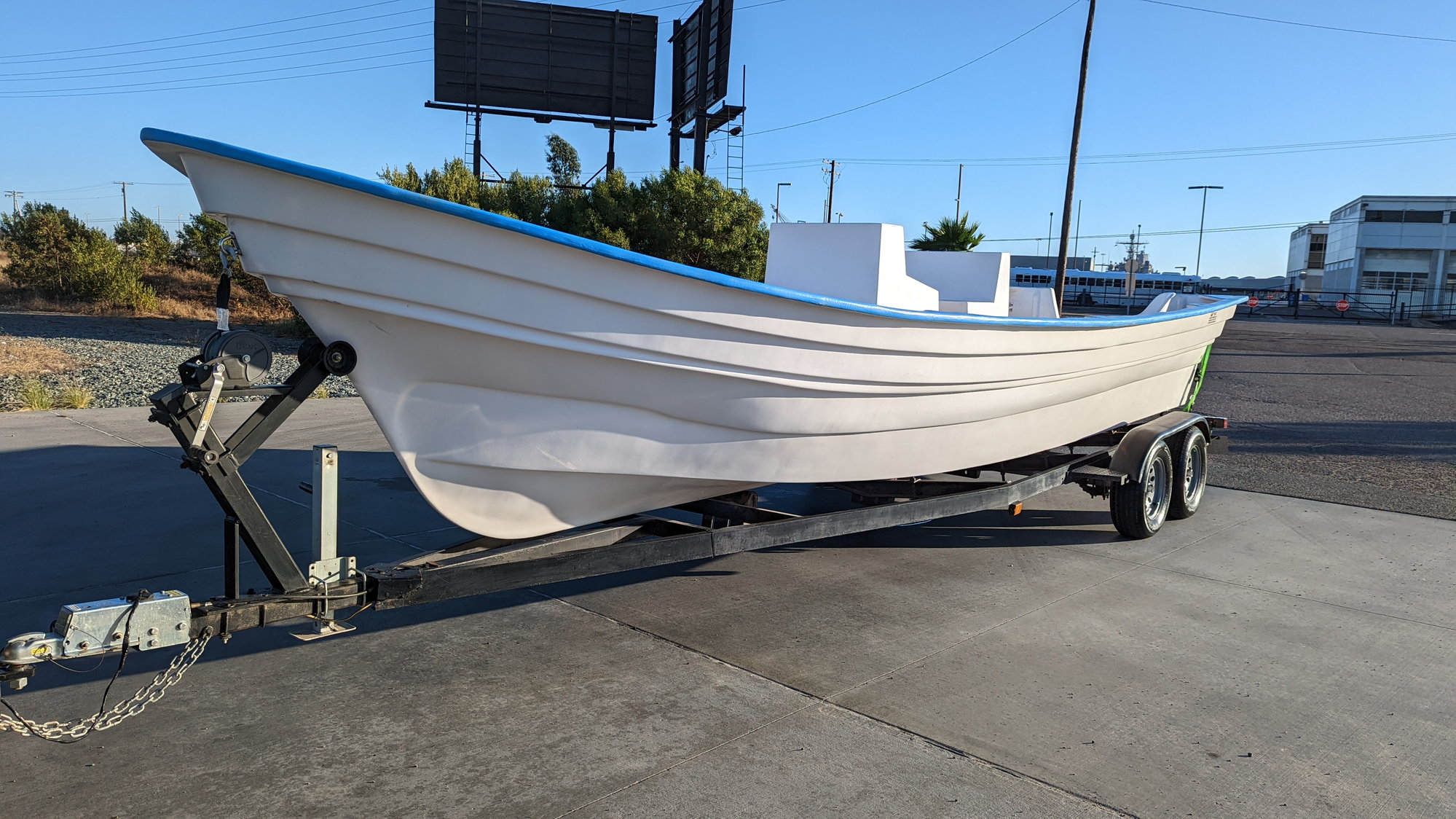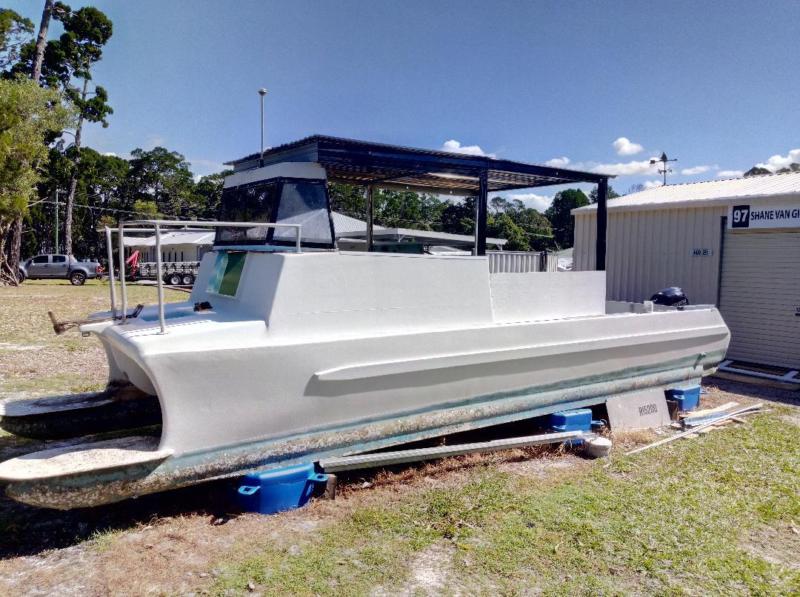Boat for sale hull only – Welcome to the world of boat hulls! Whether you’re a seasoned sailor or just starting your boating journey, finding the right hull for your needs can be a daunting task. In this comprehensive guide, we’ll delve into the intricacies of boat hulls, exploring market trends, types, condition assessment, pricing, legal considerations, and valuable resources to help you make an informed decision.
Market Trends
The used boat hull market is influenced by various factors that impact supply and demand dynamics. Understanding these trends is crucial for buyers and sellers to make informed decisions.
Currently, the market is experiencing increased demand for used boat hulls due to a surge in recreational boating activities. This has led to a decrease in supply, resulting in higher prices. Additionally, economic conditions and consumer confidence play a significant role in shaping market trends.
Regional Variations
Regional variations also impact hull availability and pricing. In areas with high boating populations, demand for used hulls is typically higher, leading to premium prices. Coastal regions often have a larger supply of used hulls compared to inland areas, affecting pricing and availability.
Hull Types and Construction: Boat For Sale Hull Only

The type of hull you choose for your boat will have a significant impact on its performance, stability, and durability. Here’s an overview of the different types of boat hulls available for sale:
Hull Materials
- Fiberglass:Fiberglass hulls are lightweight, strong, and durable. They are also relatively easy to repair.
- Aluminum:Aluminum hulls are also lightweight and strong, but they are more susceptible to corrosion than fiberglass hulls.
- Steel:Steel hulls are the heaviest and most durable, but they are also the most expensive.
- Wood:Wood hulls are classic and beautiful, but they require more maintenance than other types of hulls.
Hull Designs
- Displacement hulls:Displacement hulls are designed to move through the water by pushing it aside. They are typically used on larger boats, such as sailboats and motor yachts.
- Planing hulls:Planing hulls are designed to rise up and skim over the water at high speeds. They are typically used on smaller boats, such as powerboats and jet skis.
- Semi-displacement hulls:Semi-displacement hulls are a hybrid of displacement and planing hulls. They are designed to combine the best features of both types of hulls.
Hull Construction Methods
- Hand-laid:Hand-laid hulls are built by hand, using layers of fiberglass or other materials. This is the most labor-intensive and expensive construction method, but it also produces the highest quality hulls.
- Machine-laid:Machine-laid hulls are built using a machine to apply the layers of fiberglass or other materials. This is a less labor-intensive and less expensive construction method than hand-laid, but it can produce hulls that are just as strong and durable.
- Vacuum-bagged:Vacuum-bagged hulls are built using a vacuum bag to remove the air from the layers of fiberglass or other materials. This produces hulls that are stronger and lighter than hand-laid or machine-laid hulls.
Condition and Inspection

Before purchasing a used boat hull, thoroughly assessing its condition is paramount. A comprehensive inspection can reveal potential issues that could impact the boat’s safety, performance, and longevity.
Key Inspection Areas
A meticulous inspection should cover the following key areas:
- Structural Integrity:Examine the hull for any signs of cracks, dents, or deformation. Check the transom, keel, and stringers for any damage or repairs.
- Damage:Look for evidence of impact damage, such as gouges, scrapes, or punctures. Inspect the hull for any signs of corrosion or osmosis.
- Potential Repairs:Note any areas where repairs have been made or may be necessary. Assess the quality of the repairs and consider whether they were professionally done.
Professional Surveys, Boat for sale hull only
Hiring a qualified marine surveyor to conduct a professional survey is highly recommended. A survey provides an in-depth evaluation of the hull’s condition, including:
- Structural Analysis:The surveyor will use specialized equipment to assess the hull’s thickness, density, and integrity.
- Damage Assessment:The surveyor will thoroughly inspect the hull for any visible or hidden damage, including blisters, delamination, or corrosion.
- Repair Recommendations:The surveyor will provide a detailed report outlining any necessary repairs or maintenance.
Investing in a professional survey can give you peace of mind and help you make an informed decision about the purchase of a used boat hull.
Pricing and Value
The price of a used boat hull is influenced by several factors, including its size, age, condition, and the current market demand for that particular type of hull.
Generally, larger hulls are more expensive than smaller hulls, and older hulls are less expensive than newer hulls. However, the condition of the hull can also play a significant role in its price. A hull that is in good condition will typically sell for more than a hull that is in poor condition.
Factors Influencing Pricing
- Size: Larger hulls are generally more expensive than smaller hulls.
- Age: Older hulls are typically less expensive than newer hulls.
- Condition: A hull that is in good condition will typically sell for more than a hull that is in poor condition.
- Market demand: The current market demand for a particular type of hull can also affect its price.
The expected price range for different types and sizes of hulls can vary significantly. However, as a general rule of thumb, you can expect to pay anywhere from $1,000 to $10,000 for a used boat hull.
Depreciation
As with all boats, hulls depreciate in value over time. The rate of depreciation will vary depending on the factors mentioned above, but you can expect a hull to lose about 10% of its value each year.
Depreciation = (Purchase Price- Current Value) / Purchase Price
For example, if you purchase a hull for $10,000, you can expect it to be worth about $9,000 after one year, $8,100 after two years, and so on.
Resources for Buyers
Online marketplaces, brokers, and boat shows provide ample resources for buyers seeking a used boat hull. These platforms offer a wide selection of hulls from various manufacturers and models, enabling buyers to compare prices, features, and conditions conveniently.
Experienced Professionals
Working with experienced brokers or marine surveyors can significantly enhance the boat-buying process. These professionals possess in-depth knowledge of the market, boat construction, and legal aspects, ensuring a smooth and informed transaction. They can provide expert advice, negotiate on behalf of buyers, and facilitate inspections and surveys.
Networking
Networking with other boat enthusiasts and industry experts can yield valuable insights and recommendations. Joining boating clubs, attending industry events, and connecting with experienced boaters can provide access to a wealth of knowledge and potential leads on suitable boat hulls.
Conclusive Thoughts

With the knowledge gained from this guide, you’ll be well-equipped to navigate the boat hull market with confidence. Remember, finding the perfect hull is not just about the specs; it’s about finding the one that aligns with your unique boating aspirations.
So, set sail and discover the endless possibilities that await you on the open waters.
Questions and Answers
What factors influence the pricing of used boat hulls?
Size, age, condition, and market demand all play a role in determining the price of a used boat hull.
How can I assess the condition of a used boat hull before purchasing?
Inspect the hull for structural integrity, damage, and potential repairs. Consider getting a professional survey to evaluate the hull’s condition thoroughly.
What legal implications should I be aware of when purchasing a used boat hull?
Ensure proper title transfer, registration, and insurance. Be aware of potential liabilities associated with purchasing a hull with undisclosed issues or defects.
